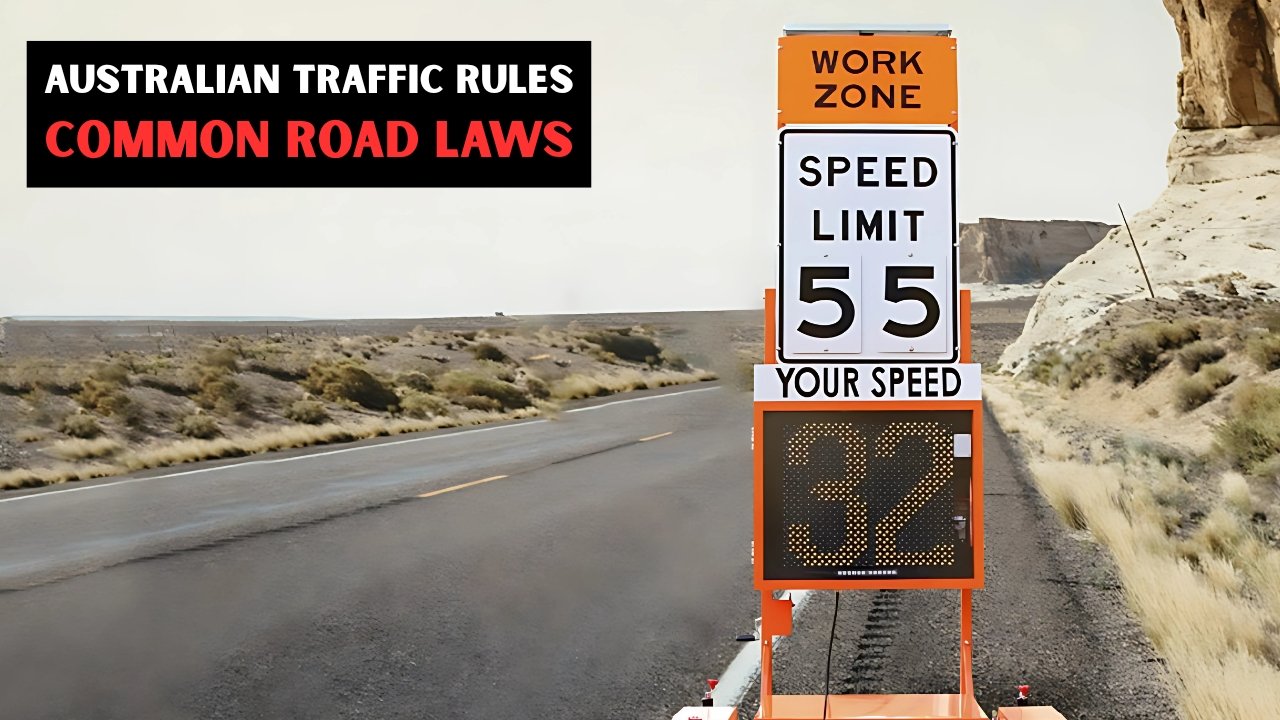Like many other nations, Australia’s road laws are peculiar. And while most laws are meant for safety, Australia has a rather peculiar set of rules that other countries may not share. In Australia, motorists can be awarded penalties for actions regarded as legal elsewhere. Thus, visitors and expatriates are best served informing themselves on these exclusive laws and fines for appropriate road travel in Australia.
Unique Australian Road Laws
Of particular importance is the enforcement of compulsory seatbelt laws. Unlike most other democracies where this practice is adopted, in Australia the law applies to all vehicle occupants, including rear seat passengers. And in addition, all Australian states and territories cruise with the law which makes it illegal to smoke in a motor vehicle with children younger than 16. This example may be at odds with other countries, but it is representative of Australia’s dedication toward public health.
Examples of Differences in Road Rules
| Road Behavior | Illegal in Australia | Legal in Many Other Countries |
|---|---|---|
| Smoking in car with children | Fined if children under 16 present | Generally allowed |
| Unnecessary horn honking | Illegal and fined | Common and socially accepted |
| Hooning (reckless driving) | Strictly banned with harsh penalties | Often less enforced or tolerated |
| Body parts outside vehicle | Illegal and fined | Often observed without penalty |
| Driving without seatbelts | Illegal for all, including rear passengers | Sometimes overlooked or not enforced |
But Australian motorists have to switch on their left, which can be particularly disadvantageous for people coming from right side driving countries. This, and the fact that people are not permitted to use their horns, may suggest that Australia is somewhat of an outlier in the world.

Actions prohibited by law within Australia
Australia also widely known as the Commonwealth of Australia also prohibited the slangs which refers to antisocial behavior of driving obsessed with driving such as racing on the streets, making burnouts, excessively speeding and other reckless acts. As for the penalties the honing is subject to, it could go as far as stiff fines, jail time, and most often, the vehicle in question is seized. This seems to be much harsher than the majority of other places around the world, where such conduct is barely frowned upon.
Why These Differences Exist
Australia’s focus on necessary public safety, as well as minimizing accidents and protecting children and other vulnerable passengers is the primary reason for the inflexible policies regarding the road. In other places antisocial behavior like hooning which are prevalent are more often than not frowned upon regarding driving etiquette. The policies concerning smoking and the needless honking of the horn is to further maintain public health and lower the noise pollution within the community in the greater interest of public safety and health.
Faqs
1. Can Foreigners Drive with Home License in Australia?
Yes, only for a period of 3 months. You will then have to obtain an Australian license.
2. Is it legal to drink and drive in Australia?
Yes, provided the BAC is below 0.05%. This is the legal limit in most states. Any learner driver is subject to a zero tolerance policy.
3. What is considered hooning and what are the penalties?
Hooning is driving excessively fast and aggressive. Penalties include exorbitant fees, disqualification from driving, towing of the vehicle, and in some states, imprisonment.
4. Is there a legal requirement for children to use seat belts?
Yes, children not older than 7 years have to be placed in safety approved seat belts.